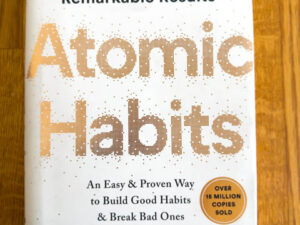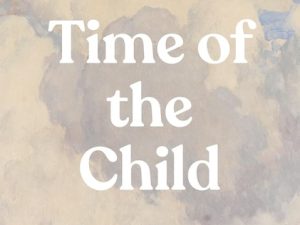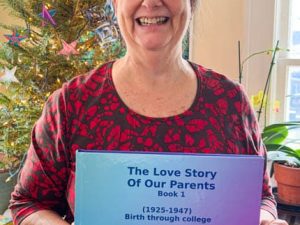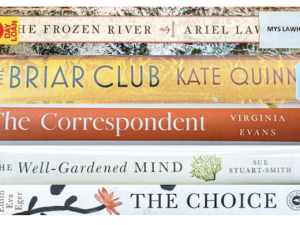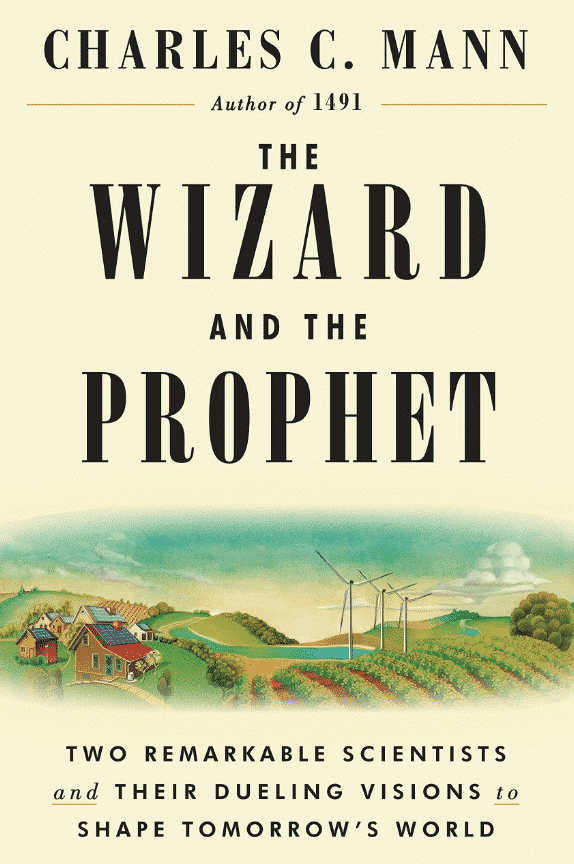
The Wizard and the Prophet is a remarkable book on the history of environmentalism, which weaves together biography, philosophy, and science. The author presents an even handed, unbiased perspective on two possible, diametrically opposite paths to be taken to meet the challenges of our earth supporting 10 billion people by 2050.
The dueling branches of the environmental movement are highlighted by the lives and perspectives of two scientists: William Vogt and Norman Borlaug. Vogt represents conservation, decentralized power, and conscientious behavior modification to protect nature and our resources. He is the “Prophet” type from the title. Borlaug represents a “technology can fix everything” approach, advocating centralized power, and no worries, since our ingenuity will save us. He is the “Wizard” type from the title. These two dichotomies are the antithesis of each other and are at a stalemate in solving our collective environmental crisis.
“Each side stored up bitterness like batteries taking on charge.”
The whole book– although I kept wishing we could find a more middle way– I found myself leaning more into the Prophet camp. After all, I’ve been a vegetarian/pescatarian for 40 years, have solar power on my house, recycle religiously, have a compost pile, my husband grows a lot of our food, and otherwise we eat local and organic as much as possible. I’m horrified to read of what coal is doing in China and India, as the biggest contributor to global warming and cutting short a colossal number of lives, not to mention polluting the air and water for the rest of us. I’m concerned about deforestation, and melting ice caps.
A lot of the Wizard’s solutions, like GMO’s and Round Up ready crops, let alone shooting sulfuric acid into the atmosphere, have dangerous, irreversible consequences that I’m not okay with. I am cautious of such hubris. However, I believe we can figure out how to desalinate our ocean water to be able to drink it, and find better ways to recycle, reuse, and waste less, for example, which could all be tackled by the Wizards.
The book starts with the life stories of those two men, and then shifts its focus to four areas where Wizards and Prophets have contended over the past seventy years: food, water, energy, and climate change. The book is amazing because it remains objective, letting the reader figure out for themselves where they stand. It has an especially balanced account of the climate change issue.
At 462 pages (plus two appendices) this book is a bit of an undertaking, but very worthwhile. A friend of mine, who read it, is a high school AP Environmental Science teacher, and she said it would be perfect prep for her students to know all they needed to know about the issues. It is comprehensive in one way, but with contrary answers, one is left to wonder how we’ll bungle our way through. So while we may learn a lot here, we do not get the key to the remedy, only now know better why there is none.
I need to also mention that it is written by a white American, and most over-population is expected to take place elsewhere, so it felt a little top down for us to be finding first world solutions to third world problems. However, globally we are all in this together, and we are all reaping together what we sew separately.
This book was well researched, well written, conscientiously fair, and explained complicated science in understandable terms. It did a great job of evaluating both world views fairly, finding faults with both, and exploring the options, while leaving the final evaluation for the reader to discern.
It is an intense, fascinating, long, and oddly enjoyable book. I recommend reading (or listening) to it to become more informed and to fully grasp the impending issues along with the conflicting approaches to surviving them.
I give this important book about what kind of future we’ll create five stars.
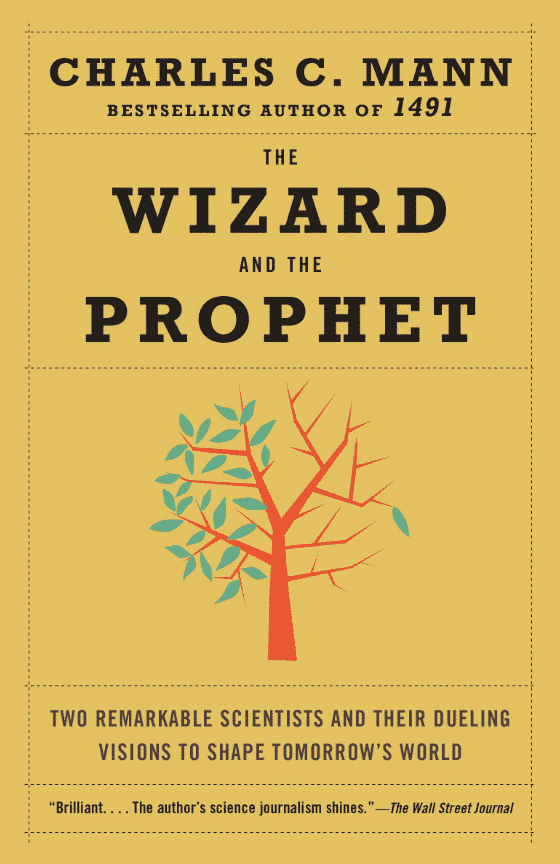
3 Comments
-
I will read this book. Thanks for the nudge!
You continue to inspire, impress, and
amaze me, Polly.Thank you.
-
A thorough book review.
-
That sounds very timely. I agree the Prophet approach seems better, but probably we need some of both.
